Exoplanets
So what are the latest discoveries that have to do with exoplanets right now? I was just building the inventory for the planets right now. And it’s up in the thousands, through a dedicated telescope which is…
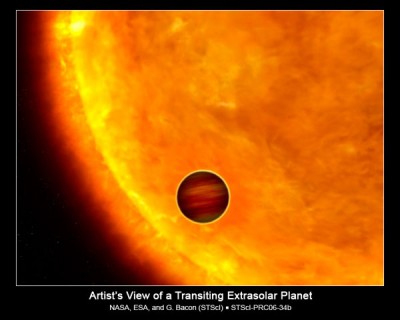 Is that the Fermi telescope? No, no. no. Kepler. And it’s measuring what we call transits.
Is that the Fermi telescope? No, no. no. Kepler. And it’s measuring what we call transits.
You might almost call it an eclipse but it’s not big enough to block the light completely of the host stars. So a planet moving in front, you see a different in the light of the planet as you track of how bright it is over time.
And you can deduce quite a bit about the mass of the planet, what its orbit is, whether it is eccentric; is it in a Goldilocks zone of the host star.
And so we’re building that inventory, learning about whether our solar system is common or uncommon for whether Goldilocks planets are common or uncommon, this sort of thing. And so they’re coming in daily, monthly, weekly.
Yes, I know. And there are guys at Berkeley that are doing it. What are your thoughts about life in another solar system? You mean what do I think of the likelihood?
Yes. Certainty. Oh yeah. We have no data, no evidence and so the confidence I have in that statement derives from secondary arguments, not primary arguments.
The primary argument was we found some life.
The secondary arguments are life on earth is made of the most common ingredients in the universe.
Carbon, oxygen… The common ingredients of the universe. There is nothing rare about it.
And we are chemically based on carbon, which is the most chemically fertile element in the universe.
So you combine the abundance of these element and their chemical fertility and given that the most complex form of chemistry we know we call biology, you stand the best chance to achieve complex chemistry, if you base your chemistry on carbon.
So not only that life on earth began almost as soon as it possibly could – a very short in time. Around 200 million years it turns out.
We used to think it was longer than that and we were perfectly happy calling that short. We thought that maybe 600 million years or like a billion years. But as fossil evidence goes farther and farther back in time and as we learn about the formation of the earth, how it had been even hostile to the formation of complex chemistry.
Those two are pinching the time interval over which inanimate molecules would have become life. And that interval is a couple hundred million years. Which is a snap of the history of the earth.
And the history of the universe. And the history of the universe. Right.
So this is all, this stuff that, am really into this subject matter… What I find curious is there’s a risk of you’re exploring where there’s overlap or resonance for…
Resonance. Resonance is probably a better term. And what does it mean, if I can ask you a question. What does it mean to look for a resonance? Suppose half the things I told you don’t resonate at all and the other half do, do you count that as a hit and you say there is resonance between Buddhist teachings and cosmology?
Or are you going to say no, half the time they get it wrong or it’s not resonates so we just give up?
Are you going to pick and choose what does resonate and say it resonates at the end? Because it’s very easy to then not reflect on the things that don’t resonate and then sift through what does and present that.
And then give the misleading impression that Buddhism is perfectly aligned with modern cosmology. By the selection of data that you invoke.
I am thrilled with your question because it really leads me into one of the topics on my cheat sheet. And that topic is… Because you want to see if it resonates, you should come to me with questions that derive from Buddhism. And I will tell you whether or not that fits with cosmology.
Well let’s talk about it. Because that’s a much stronger way to approach this then to have me tell you all of my cosmology and then you go home and pick and choose what fits the philosophies of Buddhism.
Well, I was going to start with this particular concept. One of the principles of Buddhist thought is that when things are… Oh just so you know, I have the Reader’s Digest knowledge of Buddhism so when in doubt, assume I don’t know what you’re going to tell me.
Fine, I was not planning to assume anything about Buddhism… Because I know a couple of things but not enough to engage in your conversation.
Yeah, I am that way with cosmology.
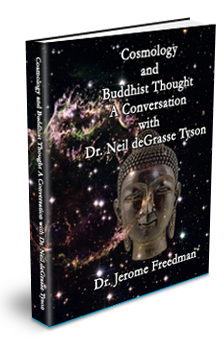


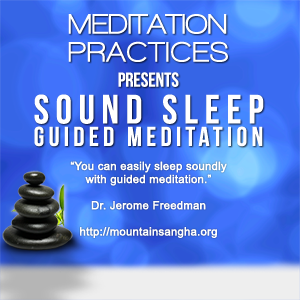


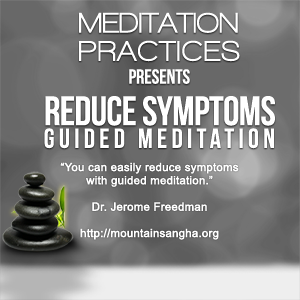

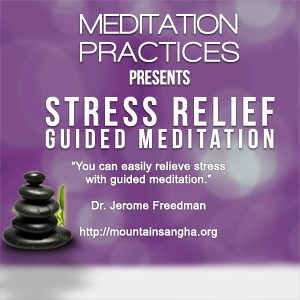
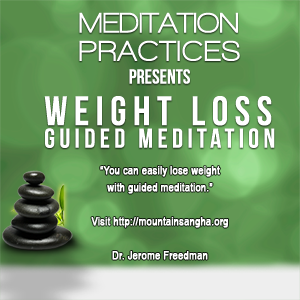
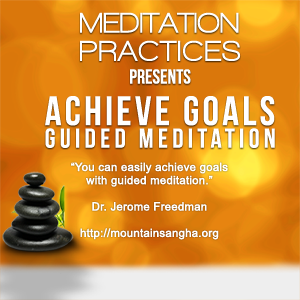
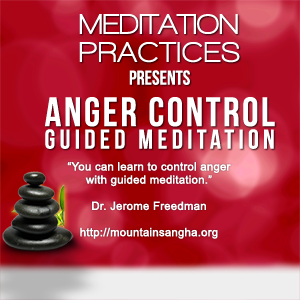
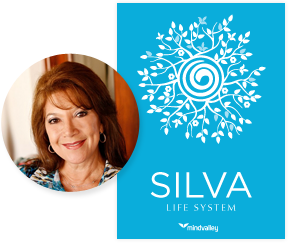
Speak Your Mind
You must be logged in to post a comment.